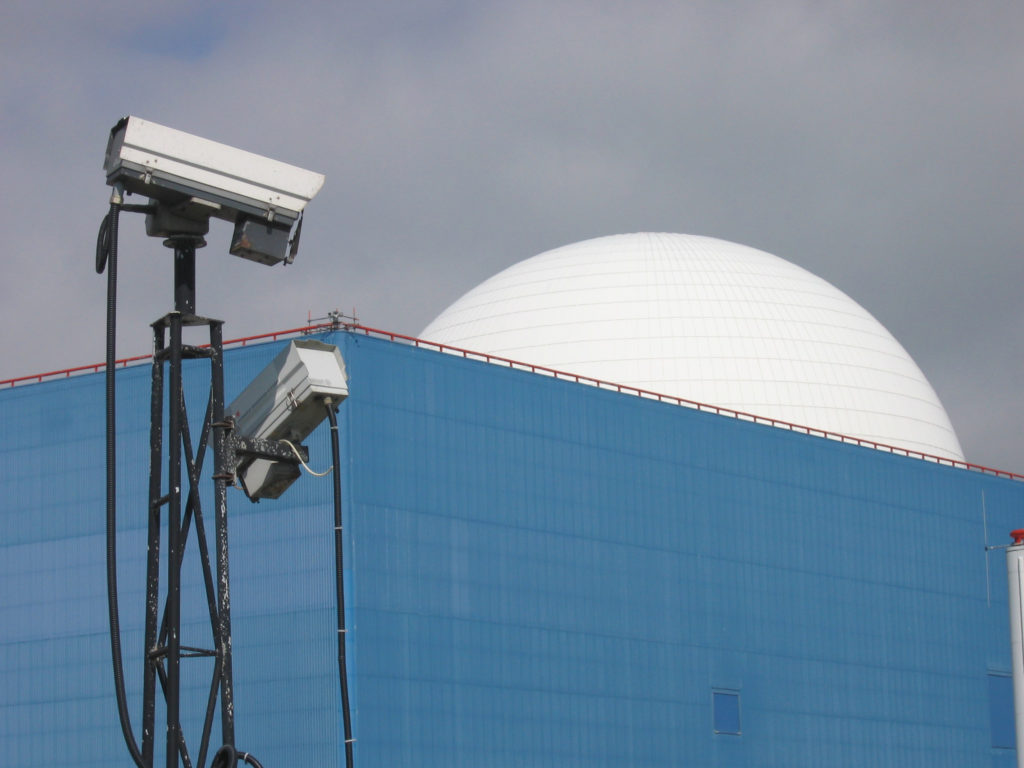
Nuclear countries have always needed a supply of highly qualified individuals to maintain existing facilities, but the growing ranks of emerging nuclear countries including China, India and Japan are now creating unprecedented demand for new staff to ensure safe and efficient operations.
According to a new energy report just issued by GlobalData there is a significant gap between the number of nuclear engineers that are being produced and the number who are retiring—a problem which requires immediate attention in order to keep the world’s nuclear reactors running safely. Countries who wish to develop their nuclear strength desperately require suitable training programmes in order to fulfil this vital need. Developed nuclear countries can easily develop such training programmes in collaboration with educational institutions, but emerging nuclear countries may need to seek out collaborations with more experienced counterparts before they can introduce them effectively.
Jennifer Santos, Head Consultant, GlobalData commented on the potential crisis, “The problem of skills shortages is becoming a global phenomenon. There is growing consensus among several countries for the need to invest in educating a workforce that meets the requirements of the nuclear power sector. Developing the right skills base is a key priority for the industry.”
China
China’s rapidly growing economy and burgeoning population is currently starved for energy. In order to meet its huge power demand and need to reduce greenhouse gas emissions, the country has planned to generate a huge portion of its future energy through nuclear power, and has plans to construct 57 commercial nuclear reactors. The current generation capability of China’s nuclear fleet is over 100,000 GWh, which it plans to nearly quadruple by 2020. The International Atomic Energy Agency (IAEA) has calculated that around 20,400 additional nuclear staff would be needed to support these enormous nuclear expansion plans.
India
India has also embraced nuclear power, and plans to construct 36 new reactors in the near future. According to IAEA estimates, there would be a need for 3,700 nuclear engineers in India by 2017. In an effort to support the growing human resource needs of the nuclear industry, 25 schools specialising in nuclear energy are tipped for development, and the Indian Department of Atomic Energy (DAE) has devised various educational programmes to support its large scale expansion plans.
Japan
Japan remains one of the world’s largest nuclear power producers, and plans to continue this despite the Fukushima disaster. To support its energy ambitions, Japan established the Nuclear Energy Human Resource Development Council (NEHRDC) in 2007, with members from academic, industrial and governmental backgrounds analysing the supply of qualified personnel to the Japanese nuclear industry, aiming to eliminate any problems caused by manpower shortage. The NEHRDC have concluded that of the 700-800 students who major every year in diverse nuclear educational courses, 500 find employment in various sectors in the industry.






